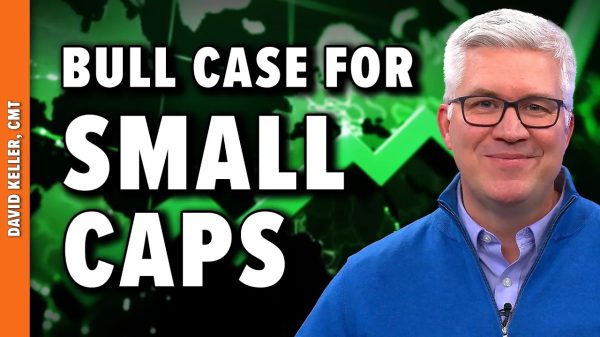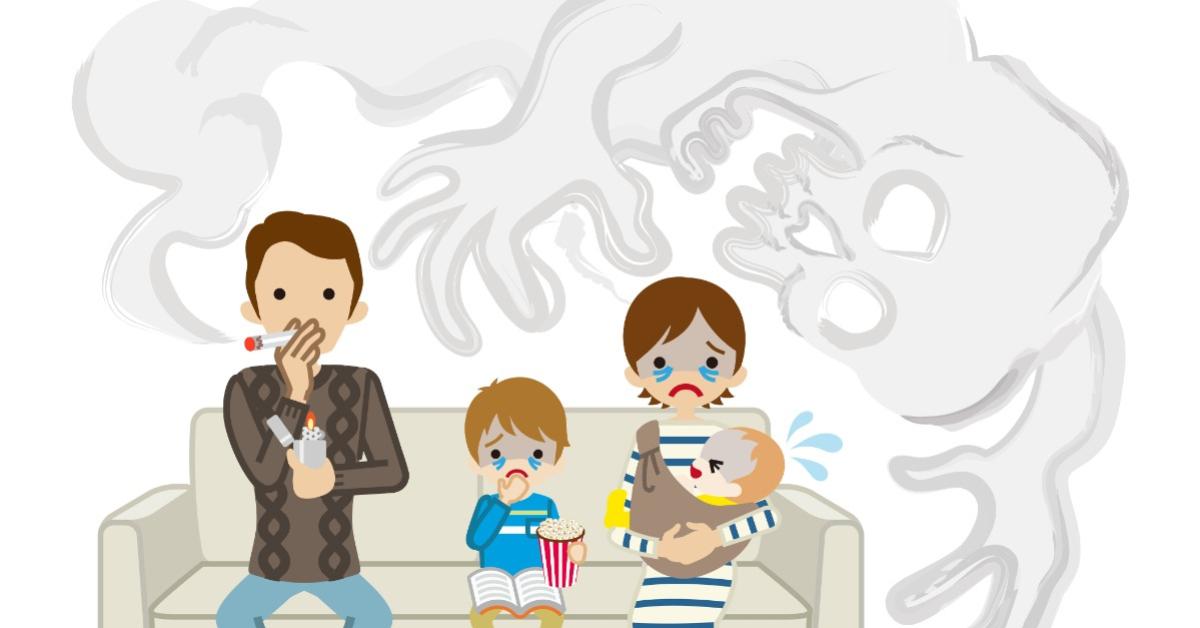Murray Rothbard once proposed:
Quick: Which is America’s Most Persecuted Minority? No, you’re wrong. . . .
All right, consider this: Which group has been increasingly illegalized, shamed and denigrated first by the Establishment, and then, following its lead, by society at large? Which group, far from coming out of the “closet,” has been literally forced back into the closet after centuries of walking proudly in the public square? And which group has tragically internalized the value-system of its oppressors, so that they are deeply ashamed and guilty about practicing their rites and customs? Which group is so brow-beaten that it never thinks of defending itself, any attempt at which is publicly condemned and ridiculed? Which group is considered such sinners that the use of doctored statistics against them is considered legitimate means in a worthy cause?
I refer, of course, to that once proud race, tobacco-smokers, a group once revered and envied, but now there are none so poor as to do them reverence.
However, there is nothing I could say to defend that once-proud group that Rothbard did not already say better. What this article seeks to do is point out that as much as the establishment, commercials, the government, and just about everyone likes to criticize tobacco smokers, these critics leave a gaping hole in the critiques of free markets regarding the “free rider problem,” or the problem of “external benefits.” Rothbard explains:
We come now to the problem of external benefits—the major justification for government activities expounded by economists. Where individuals simply benefit themselves by their actions, many writers concede that the free market may be safely left unhampered. But men’s actions may often, even inadvertently, benefit others. While one might think this a cause for rejoicing, critics charge that from this fact flow evils in abundance. A free exchange, where A and B mutually benefit, may be all very well, say these economists; but what if A does something voluntarily which benefits B as well as himself, but for which B pays nothing in exchange?
It is here that the conversation of smoking comes into play. Smokers are told that they have made those around them worse off with their smoking via the secondhand smoke that those around them must face. However, it could be retorted that this is not a detriment but rather a public good. After all, the smoker paid good money for his cigar. Not only should he be allowed to smoke it, but he should also be compensated for the secondhand smoke that the surrounding free riders received just by the dumb luck of being there. By the logic of those arguing about free markets due to external benefits, a smoker should force the arguers’ hands and claim what is rightfully his.
Of course, there is a very reasonable retort to this: “But secondhand smoke is bad!” However, this is the point of the whole argument. What the smoker values is not the same as what the other man on the porch values and vice versa. To say that one should not be taxed to pay for the secondhand smoke of the other is to concede the entire Austrian economics argument as it relates to the external benefits problem. Who is to say what is a benefit and what is a harm? In fact, this harkens back to Hans-Hermann Hoppe’s criticism of the free rider problem:
Something is not a good as such, that is to say; goods are goods only in the eyes of the beholder. Nothing is a good unless at least one person subjectively evaluates it as such. But then, when goods are never goods-as-such—when no physico-chemical analysis can identify something as an economic good—there is clearly no fixed, objective criterion for classifying goods as either private or public. They can never be private or public goods as such. Their private or public character depends on how few or how many people consider them to be goods, with the degree to which they are private or public changing as these evaluations change and range from one to infinity.
It must be true that the smoker who paid good money for his good must be compensated for the public benefit he has provided, or it must be true that it turns out value is subjective and what seems a public good to one is not to another. As such, the next time an anti–free marketer challenges you with the external benefits problem, light up a cigar and remind them, as Rothbard has said, that “the free rider did not ask for his ride.”























